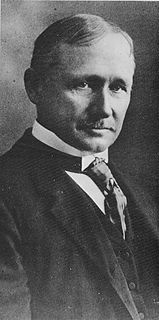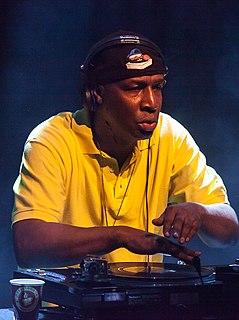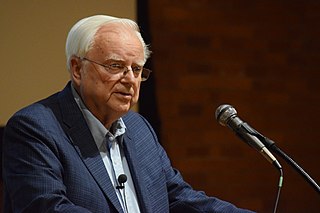Цитата Александра Колдера
Первым вдохновением, которое у меня когда-либо было, был космос, планетарная система.
Связанные цитаты
Система Сатурна — богатая планетарная система. Она предлагает тайну, научную проницательность и, очевидно, несравненное великолепие, и исследование этой системы имеет огромный космический охват... просто изучая одни только кольца, мы можем многое узнать о дисках звезд и газа, которые мы называем спиралью. галактики.
На самом деле мы просто не осознавали разнообразие типов планет в нашей Солнечной системе. Плутон выглядел неудачником, потому что мы видели только его. И точно так же, как чихуахуа — все еще собака, эти ледяные карлики — все еще планетарные тела. Они достаточно велики, чтобы вращаться за счет собственной гравитации, и они, несомненно, выдержат испытание на планетарность.
Как выйти из системы убеждений? Сначала вы должны разрушить систему убеждений. Традиционно предполагается, что учитель устраняет ваше невежество. Но когда вы устраняете невежество, вы начинаете с устранения того, что является причиной невежества, то есть вашей системы убеждений. Так что работа учителя действительно состоит в том, чтобы сначала разрушить вашу систему убеждений. И затем, чтобы дать вам вдохновение, чтобы вы вышли на путь, чтобы открыть, что такое дух, что такое красота, что такое любовь, потому что этому никто не может научить вас. Так что преподавание действительно должно быть разрушительной работой.
В прошлом человек был первым; в будущем система должна быть на первом месте. Однако это никоим образом не означает, что великие люди не нужны. Напротив, первой целью любой хорошей системы должно быть воспитание первоклассных людей; и при систематическом управлении лучший человек поднимается на вершину вернее и быстрее, чем когда-либо прежде.
Мой отец был моим первым вдохновением. У него была невероятная стереосистема и проигрыватель, и мне сказали не трогать его. Но я все равно вернусь и потрогаю его. Я проникся уважением к вертушкам еще в детстве. Когда я был подростком, я придумал «систему подсказок» для работы с вертушками, потому что в то время у них ее не было.




































